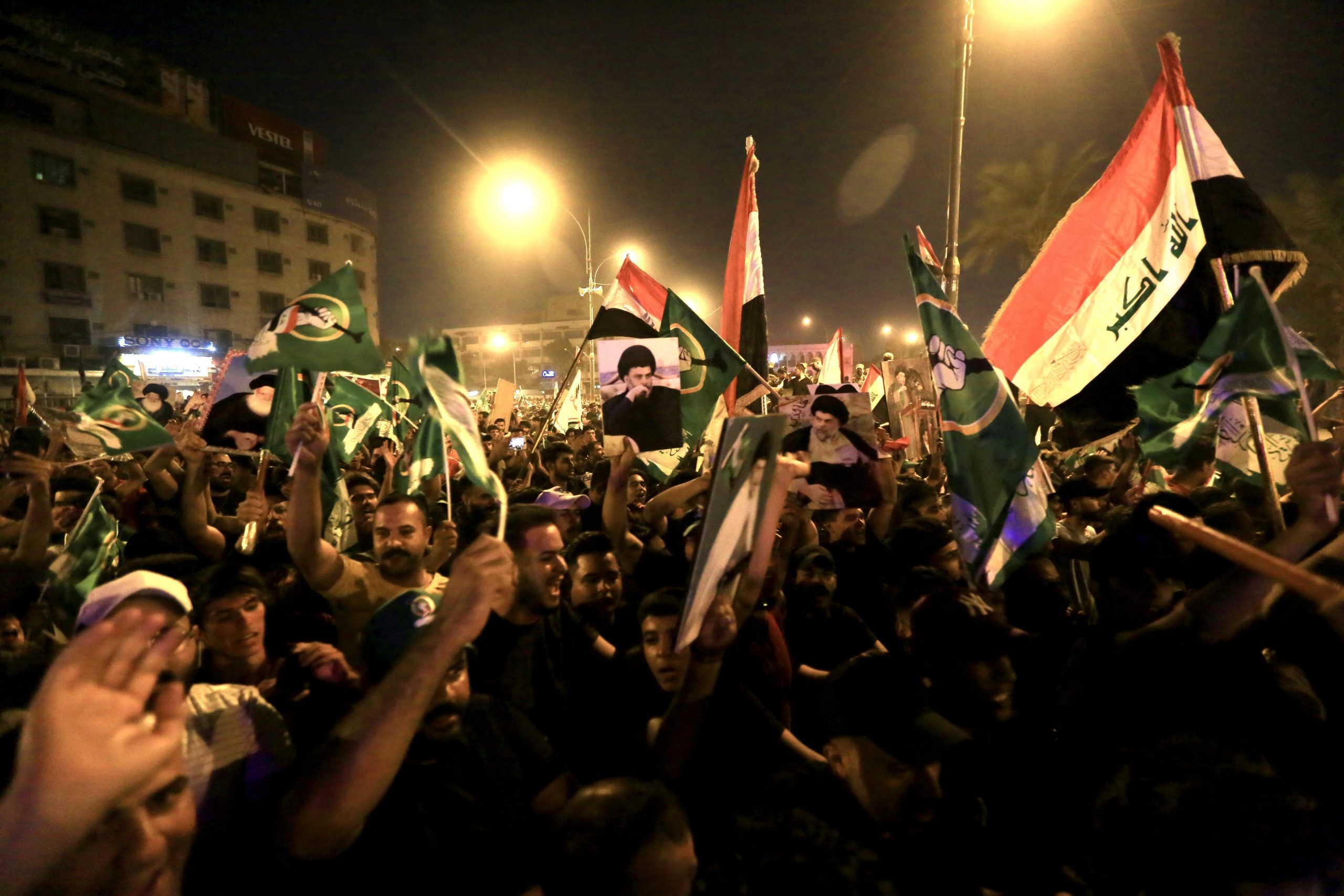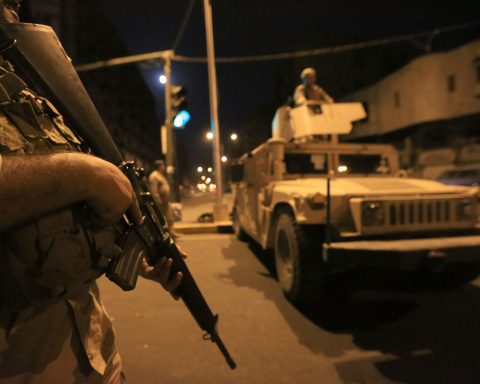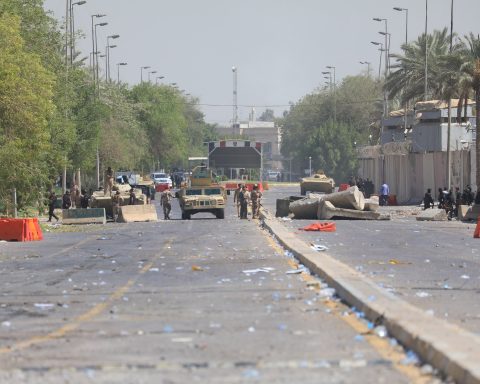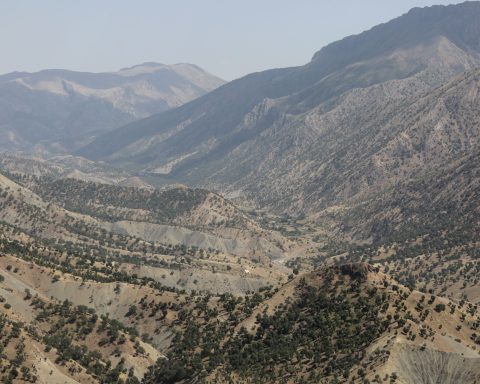Muqtada al-Sadr’s party, who is a prominent Iraqi Shia cleric, won the majority of seats in this weekend’s early parliamentary elections, according to initial results shared on Monday.
73 seats in the 329-member parliament were won by al-Sadr’s bloc, followed by the Taqaddoum bloc led by Parliament Speaker Mohamed al-Halbousi with 38 seats, according to results cited by the official Iraqi news agency.
Meanwhile, the State of Law bloc led by former Prime Minister Nouri al-Maliki came third with 37 seats.
Al-Sadr’s bloc seeks to secure enough seats in parliament to form a government.
Following the initial results shared, al-Sadr sent a message of reassurance to the US mission in Baghdad, which has been subjected to repeated rocket attacks for months. “All embassies are welcome unless they interfere in Iraqi affairs and the formation of the government,” he said.
Washington holds Shia armed factions close to Tehran responsible for these attacks.
Sadr warned that “any intervention will have a diplomatic response to it, and perhaps a popular one. Iraq is for the Iraqis only, and we will not allow the intervention at all.” He stressed that “weapons must be confined to the hands of the state and the use of weapons outside this scope is prohibited. It is time for the people to live in peace, without occupation or terrorism.”
In two weeks’ time, the final results are expected to be announced. A coalition is likely to be formed as a government requires the support of at least 165 deputies.
3,249 candidates representing 21 coalitions and 109 parties participated in Sunday’s elections. The polls saw a low turnout of only 41 percent, according to the national election commission.
The elections were originally scheduled for 2022, but political parties decided to hold early elections following mass protests that erupted in 2019 against deep-seated corruption and poor governance.














